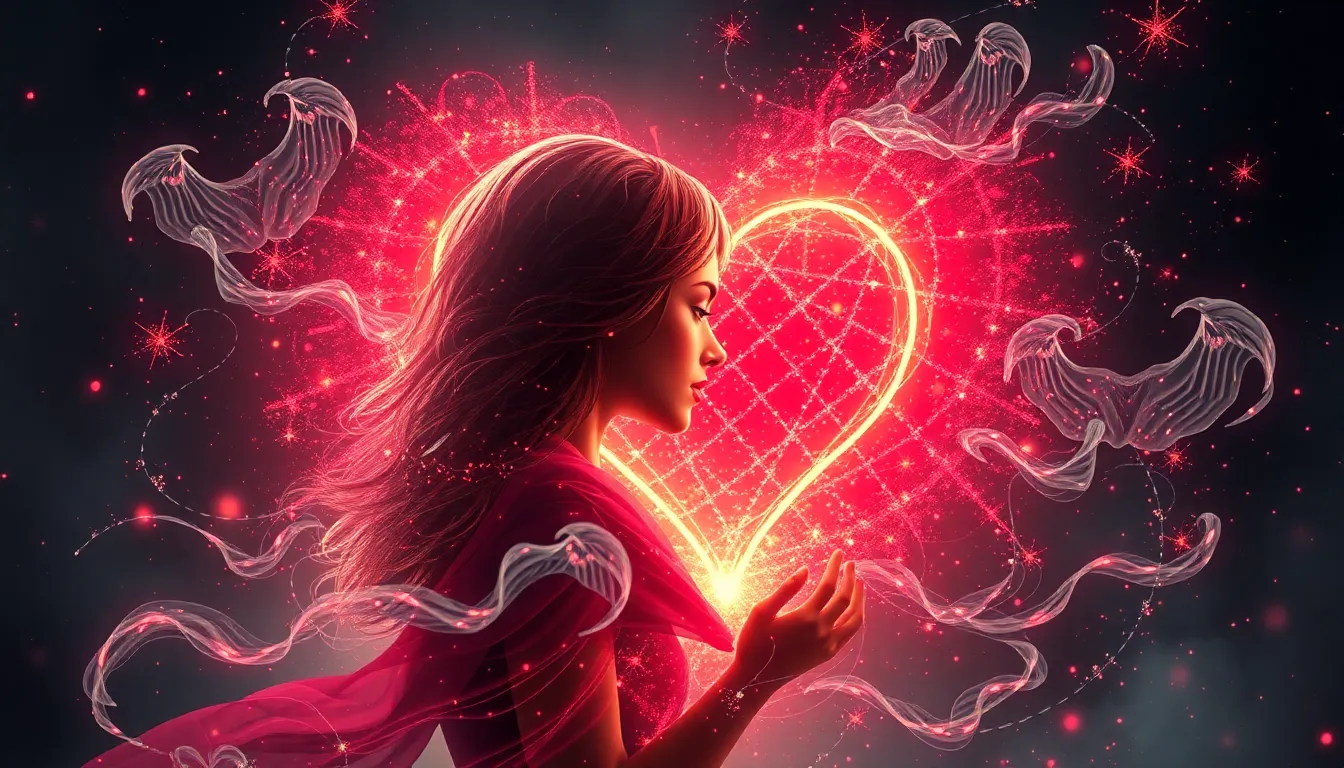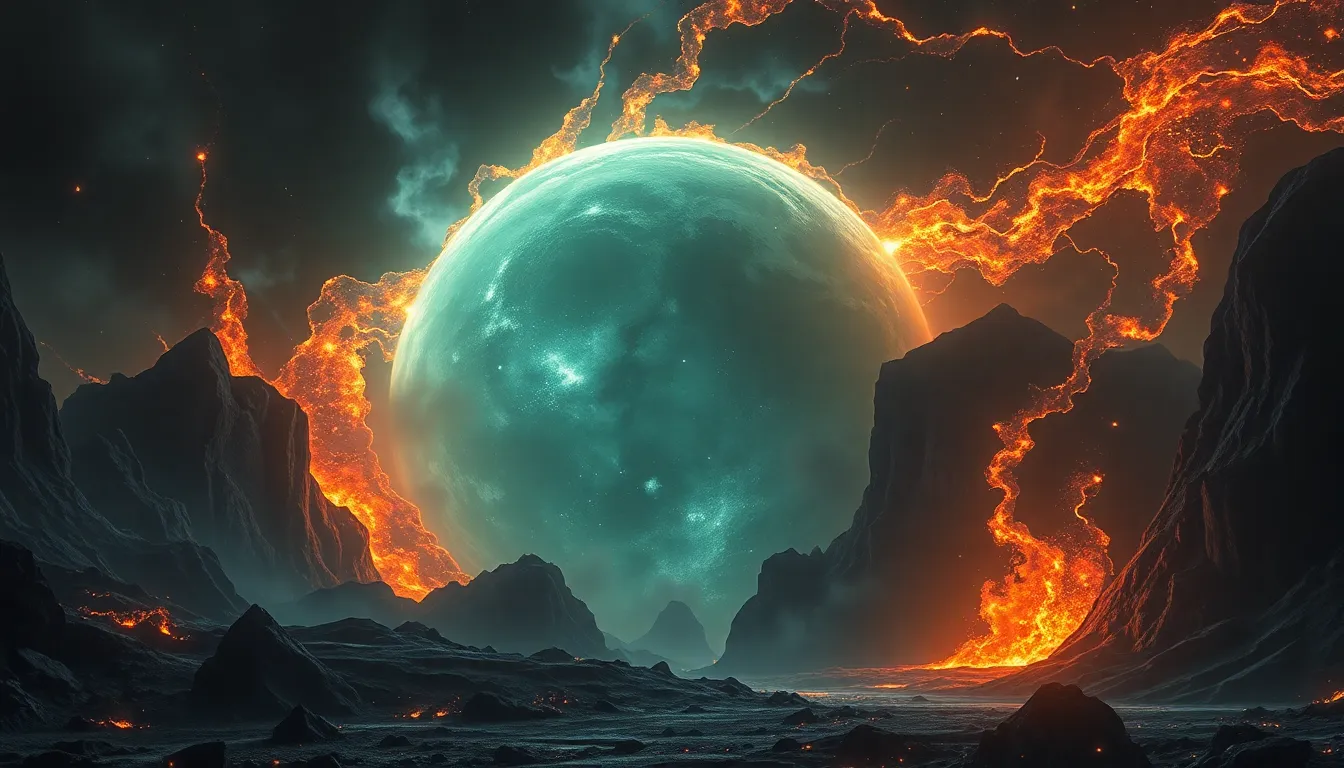Cultural Heroes: The Myths That Inspire Change and Growth
Introduction to Cultural Heroes
Cultural heroes are pivotal figures in the narratives of societies, embodying the values, aspirations, and struggles of the people they represent. They are often celebrated in myths and legends that not only entertain but also serve as moral guides and sources of inspiration for individuals and communities. The significance of these heroes lies in their ability to shape cultural identity, uniting people through shared stories and ideals.
Throughout history, myths and legends have functioned as a foundation for cultural identity, providing a sense of belonging and continuity. They reflect the historical context, challenges, and triumphs of a society, allowing generations to connect with their past while envisioning a future built on the lessons learned from these tales.
The Role of Myths in Inspiring Change
Myths hold a profound psychological impact on both individuals and communities. They can influence behaviors, instill values, and inspire actions that lead to significant societal changes. Myths often encapsulate the struggles and victories of people, acting as powerful motivators for personal and communal growth.
Consider the following case studies of transformative myths from various cultures:
- The Epic of Gilgamesh: This ancient Mesopotamian tale explores themes of friendship, mortality, and the quest for meaning, encouraging listeners to confront their own life’s challenges.
- The Legend of King Arthur: This British myth emphasizes ideals of chivalry, justice, and leadership, inspiring generations to strive for nobility and honor in their actions.
- The Story of the Buddha: The life of Siddhartha Gautama illustrates the path to enlightenment, motivating individuals toward self-discovery and compassion.
Characteristics of Cultural Heroes
Cultural heroes often share common characteristics that transcend geographical and temporal boundaries. These traits include:
- Courage: Heroes face challenges and adversities head-on, embodying bravery in the face of danger.
- Wisdom: Many heroes are portrayed as wise figures, offering insights and guidance to those around them.
- Selflessness: A strong sense of altruism drives heroes to act for the greater good, often at great personal cost.
- Resilience: The ability to overcome obstacles and setbacks is a defining trait of cultural heroes.
The archetype of the hero has evolved over time, from the mythical figures of ancient civilizations to the modern-day interpretations seen in literature, film, and popular culture. This evolution reflects changing societal values and the ongoing quest for meaning and inspiration in human experiences.
Cultural Heroes Across the Globe
Across various cultures, notable cultural heroes have emerged, each embodying the unique values and narratives of their societies. Here are a few examples:
- Africa: Nelson Mandela is celebrated as a cultural hero for his fight against apartheid, symbolizing resilience and the quest for justice.
- Asia: Mahatma Gandhi’s philosophy of non-violence and civil disobedience has inspired movements for peace and justice around the world.
- Europe: Joan of Arc is revered for her courage and leadership during the Hundred Years’ War, embodying the spirit of defiance and faith.
- Americas: César Chávez is recognized for his advocacy for farmworkers’ rights, serving as a symbol of empowerment and social justice.
The diversity of heroism is evident in these examples, showcasing how different cultures interpret and celebrate the concept of a hero in varied forms.
The Intersection of Myth and Reality
Cultural heroes often reflect the societal values and norms of their time. They are shaped by historical events, social movements, and the prevailing ideologies of their cultures. The myths surrounding these heroes also evolve, adapting to contemporary issues and challenges.
The impact of historical events on the creation of myths is profound. For instance, the narrative of heroes during wartime often emphasizes sacrifice and valor, while peacetime heroes may highlight innovation and social reform. This fluidity illustrates how myths serve as a mirror to society, capturing the essence of collective aspirations and fears.
Cultural Heroes in Literature and Art
Literature and art play a crucial role in portraying cultural heroes, preserving their stories and ideals for future generations. Through storytelling, these myths are disseminated, allowing people to reflect on the values and lessons encapsulated in the hero’s journey.
In literature, heroes are often depicted in epic tales, novels, and poems, where their journeys inspire readers to contemplate their own lives. In art, cultural heroes are immortalized in paintings, sculptures, and performances, making their stories accessible to wider audiences.
Modern Day Cultural Heroes
In the contemporary world, new cultural heroes emerge, embodying the traits of traditional heroes while addressing current social issues. Figures like Malala Yousafzai, who advocates for girls’ education, and Greta Thunberg, a climate activist, represent a new generation of heroes driven by social justice and environmental sustainability.
The rise of social media and technology has transformed the perception of modern heroes, allowing individuals to share their stories and connect with a global audience. This democratization of heroism enables a diverse array of voices to be heard, challenging traditional narratives and inspiring collective action.
Challenges and Critiques of Cultural Heroism
While cultural heroes can inspire and unite, there are potential pitfalls in idolizing them. Overemphasizing heroism can lead to unrealistic expectations and the dismissal of collective efforts in favor of individual glorification.
Additionally, discussions surrounding cultural appropriation and misrepresentation have gained prominence, urging society to critically assess who gets to tell these stories and whose narratives are marginalized or overlooked.
The Future of Cultural Heroes in Society
The evolving social values of our time will shape the next generation of cultural heroes. As issues such as climate change, social justice, and technological advancements take center stage, future heroes may emerge from movements that prioritize inclusivity and sustainability.
Education will play a vital role in promoting cultural hero narratives, encouraging individuals to engage with the stories of both historical and contemporary heroes. By fostering critical thinking and empathy, education can empower future generations to cultivate their own heroes based on shared values and collective progress.
Conclusion: Embracing Myths for Growth and Change
Cultural heroes are integral to fostering resilience, creativity, and inspiration in society. They encourage individuals to confront challenges, uphold values, and pursue growth. By embracing the myths surrounding these heroes, we can learn valuable lessons that resonate in our everyday lives.
As we navigate our own journeys, it is essential to find and cultivate our cultural heroes, drawing inspiration from their stories to empower ourselves and our communities to create meaningful change.




